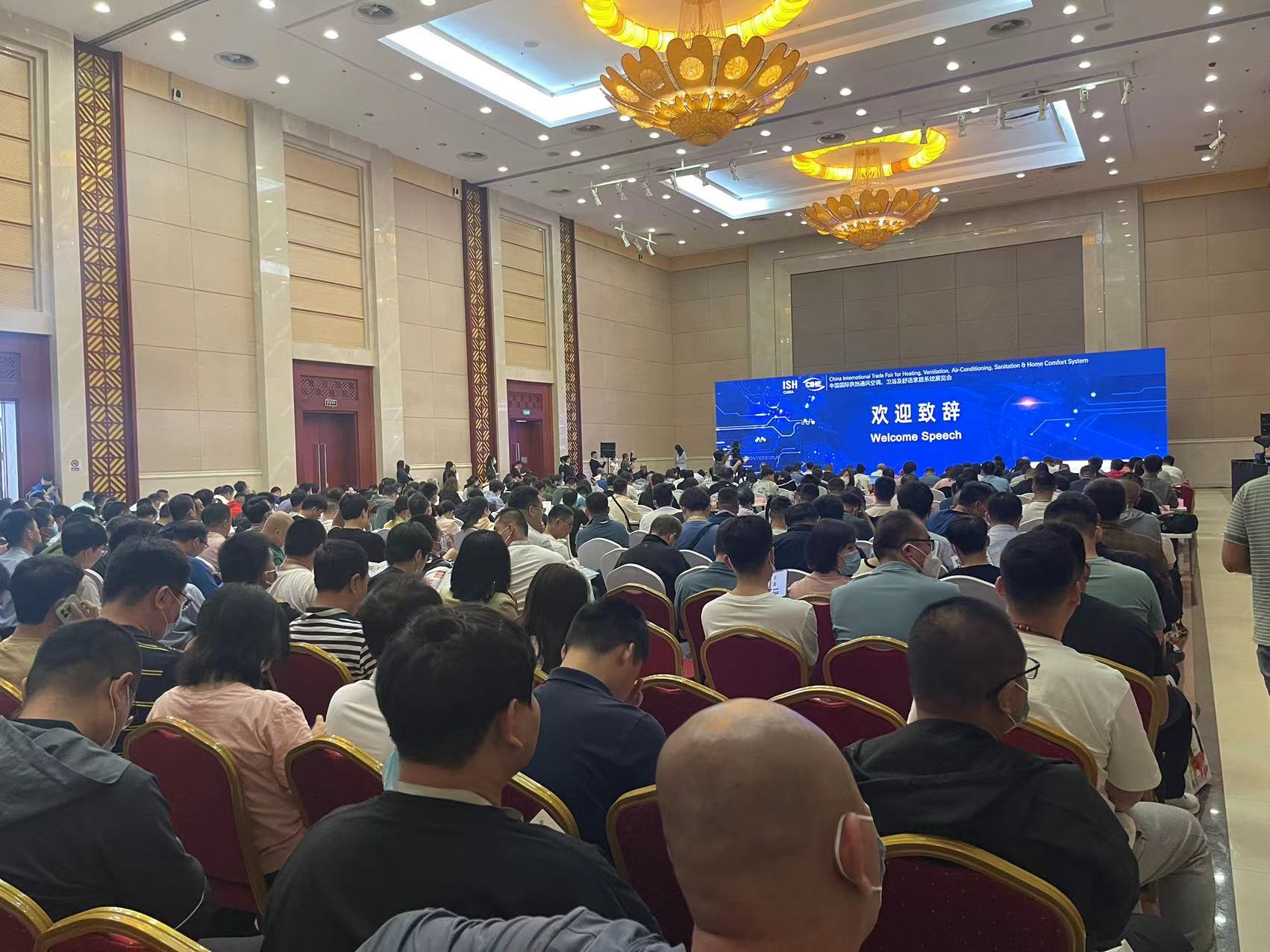- 专业翻译公司
-
这首诗我们都学过,怎么翻译成英文更贴切呢?
Unitrans世联
文章转载自 21英语微商城 21世纪英文报
曹植走完七步完成了一首《七步诗》
这首诗我们都学过
但你会翻译成英文吗?
好奇的小伙伴继续往下看吧!
七步诗 (三国·曹植)
煮豆燃豆萁,豆在釜中泣。
本是同根生,相煎何太急。Written While Taking Seven Paces
(Cao Zhi)
Pods burned to cook peas;
Peas weep in the pot,
“Grown from the same root,
Why boil us so hot?”
(Translated by Xu Yuanchong)While walking seven paces, what can you do? Maybe nothing special can be achieved. But Cao Zhi, a poet in the Three Kingdoms period (220-280), wrote the poem Written While Taking Seven Paces.
你走路的时候会干嘛(大家都是啥也不干,只是走路吧……)但三国时期(220-280年)的诗人曹植七步成诗写成了《七步诗 》。
In the last sentence, Cao naturally put forward one question: Why not treasure each other rather than hurt each other?
在诗歌最后一句中,曹植自然地提出了一个想法:与其伤害对方,不如好好珍惜彼此。
Though the poem is quite simple in language, the story behind the poem and skillful use of metaphor (比喻) have made it a classic.
尽管这首诗词藻并不华丽,但它背后的故事和熟练的比喻写法让它成为了经典。
Did you know? Besides his poetry, Cao Zhi’s (192-232) fu (赋) and prose were also some of the best to be written at that time.
你知道吗?除了他的诗歌,曹植的赋和散文写的也是很好的。
His works are full of beautiful descriptions and fancy language. For example, in his masterpiece Luoshen Fu (《洛神赋》), he used many metaphors to describe the river goddess. He described her as being graceful and flexible like a “fluttering swan goose” (翩若惊鸿).
他的作品充满了优美又富有奇思妙想的语句。比如,在他的杰作《洛神赋》中,他将洛河拟人化,他把洛河比作翩若惊鸿的优雅女神。




















